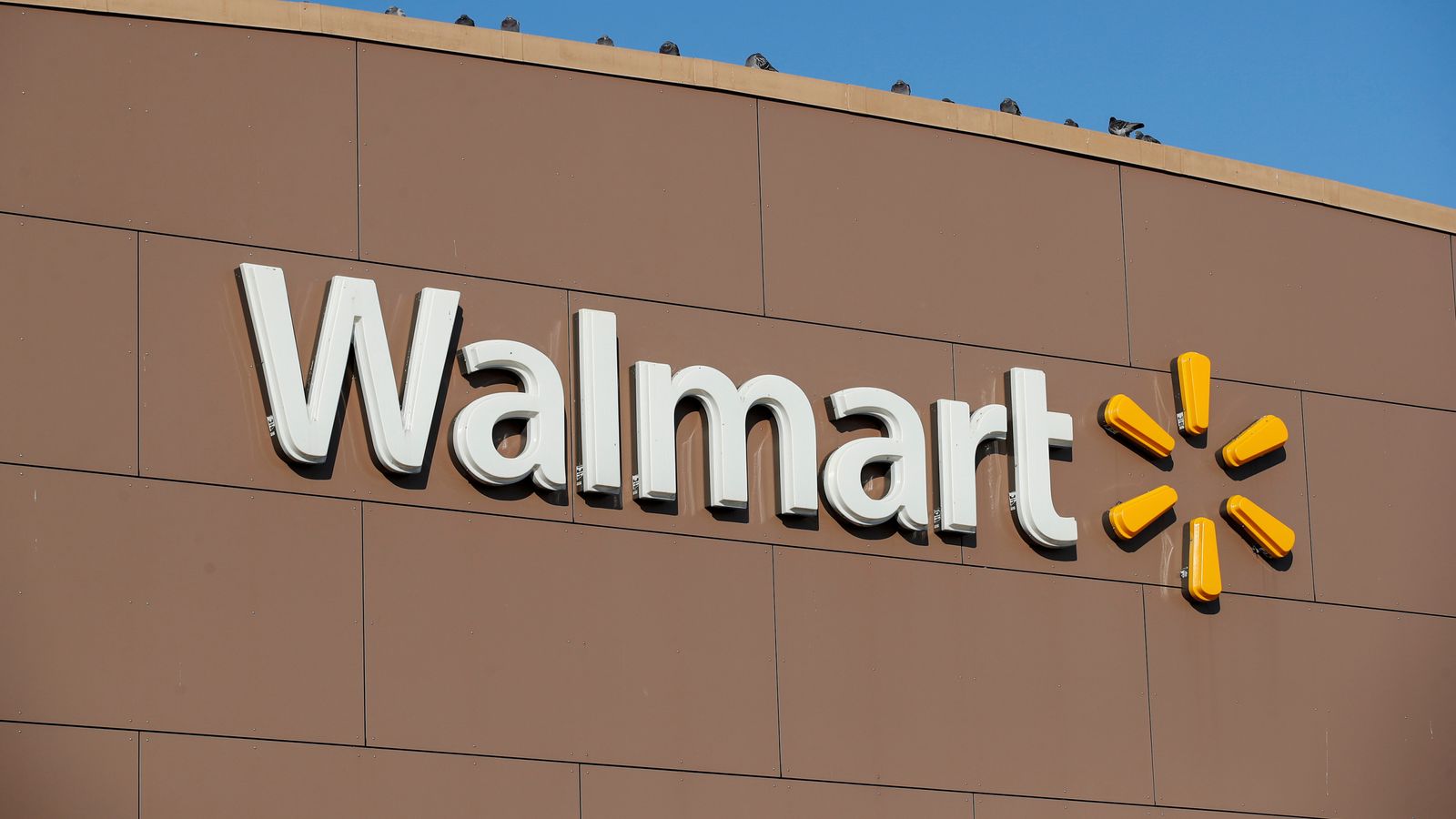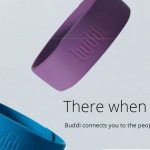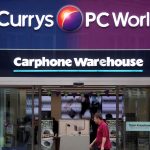A robotics and automation company backed by Walmart, the world’s biggest store-based retailer, is in talks to merge with a ‘blank cheque’ company set up by the Japanese technology giant SoftBank.
Sky News has learnt that Symbotic, which is run by founder Rick Cohen, is in discussions with SVF Investment Corp 3, a New York-listed special purpose acquisition company (SPAC), about a deal that would value the merged entity at about $4.5bn (£3.3bn).
One investor said an agreement was possible within weeks.
If successfully completed, Walmart is expected to participate in the capital-raising element of the deal known as the PIPE (private investment in public equity) alongside other investors.
The extent of Walmart’s prospective involvement was unclear on Monday.
Symbotic’s robots are operational in dozens of Walmart distribution centres in the US, playing an increasingly important role in the retail behemoth’s supply chain.
The two companies announced their initial partnership in July, with Joe Metzger, executive vice-president of supply chain operations, Walmart US, saying at the time: “The digital transformation happening today, alongside evolving customer habits, is reshaping the retail industry.
Global shipping disruption could last ‘another 18 months’, UK boss warns
Interest rate drumbeat grows louder as BoE governor warns it may ‘have to act’ over inflation
Ford backs UK plant with £230m investment to support electric car future
“To serve customers now, and in the future, our business must provide the right tools and training to our associates so they can deliver the items our customers want, when they want them, with unmatched convenience.
“We’re investing in our supply chain at an unprecedented scale in order to optimize that process end-to-end.”
The growing use of automated systems based on robotics in sectors such as retail and logistics is accelerating the debate about the future employment of millions of workers in those industries.
Symbotic’s talks with the SoftBank SPAC come at a time of unprecedented strain on the logistics functions of major retailers, with labour shortages, the energy crisis and shipping bottlenecks combining to pose enormous headaches ahead of the crucial Christmas trading period.
Other details of the potential tie-up between the SoftBank SPAC and Symbotic are unclear, although one insider who has been involved with multiple SPAC transactions said there remained a possibility that the deal could yet falter.
Earlier this year, the SoftBank SPAC called off talks about a $2bn tie-up with Mapbox, one of the world’s fastest-growing providers of sophisticated location data services.
SoftBank’s Vision Fund is said to have remained a supportive private shareholder in Mapbox.
If that merger had taken place, Mapbox would have become the latest company backed by SoftBank’s Vision Funds to go public through a SPAC merger.
WeWork, the shared office-space provider, struck a deal in March with BowX Acquisition to go public at a $9bn valuation nearly two years after aborting a conventional IPO at a far higher valuation.
That SPAC deal is scheduled to complete this week.
One of the biggest SPAC deals of all to date has been the $40bn merger of the Asian ride-hailing app Grab with Altimeter Growth Corp.
Grab is also part-owned by SoftBank.
The Japanese group has created several other SPACs in addition to the one that is entertaining a merger with Mapbox.
Dozens of other companies from around the world have also agreed to go public in the US through SPAC deals – including Cazoo, the British-based used-car marketplace, and Vertical Aerospace, which was set up by the Ovo Energy founder Stephen Fitzpatrick.
British watchdogs have attempted to pave the way for London to compete more effectively with New York by reforming the rules governing SPACs.
SoftBank declined to comment on Monday, while Symbotic did not respond to a request for comment.






















